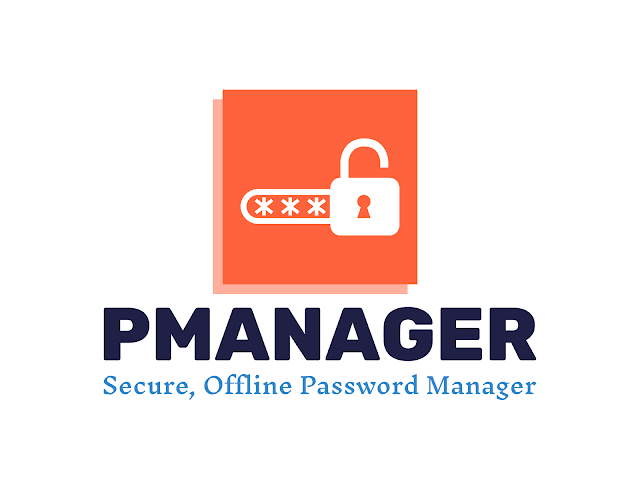Pmanager - Store And Retrieve Your Passwords From A Secure Offline Database. Check If Your Passwords Has Leaked Previously To Prevent Targeted Password Reuse Attacks
Demo
Description
Store and retrieve your passwords from a secure offline database. Check if your passwords has leaked previously to prevent targeted password reuse attacks.
Why develop another password manager ?
- This project was initially born from my desire to learn Rust.
- I was tired of using the clunky GUI of keepassxc.
- I wanted to learn more about cryptography.
- For fun. :)
Features
- Secure password storage with state of the art cryptographic algorithms.
- Multiple iterations of argon2id for key derivation to make it harder for attacker to conduct brute force attacks.
- Aes-gcm256 for database encryption.
- Custom encrypted key-value database which ensures data integrity.(Read the blog post I wrote about it here.)
- Easy to install and to use. Does not require connection to an external service for its core functionality.
- Check if your passwords are leaked before to avoid targeted password reuse attacks.
- This works by hashing your password with keccak-512 and sending the first 10 digits to XposedOrNot.
Installation
Pmanager depends on "pkg-config" and "libssl-dev" packages on ubuntu. Simply install them with
sudo apt install pkg-config libssl-dev -yDownload the binary file according to your current OS from releases, and add the binary location to PATH environment variable and you are good to go.
Building from source
Ubuntu & WSL
sudo apt update -y && sudo apt install curlcurl --proto '=https' --tlsv1.2 -sSf https://sh.rustup.rs | shsudo apt install build-essential -ysudo apt install pkg-config libssl-dev git -ygit clone https://github.com/yukselberkay/pmanagercd pmanagermake installWindows
- Follow the instructions here to install Rust. -> https://www.rust-lang.org/tools/install
- Then install git for Windows. -> https://gitforwindows.org/
git clone https://github.com/yukselberkay/pmanagercd pmanagercargo build --releaseMac
I have not been able to test pmanager on a Mac system. But you should be able to build it from the source ("cargo build --release"). since there are no OS specific functionality.
Documentation
Firstly the database needs to be initialized using "init" command.
Init
# Initializes the database in the home directory.pmanager init --db-path ~Insert
# Insert a new user and password pair to the database.pmanager insert --domain github.comGet
# Get a specific record by domain.pmanager get --domain github.comList
# List every record in the database.pmanager listUpdate
# Update a record by domain.pmanager update --domain github.comDelete
# Deletes a record associated with domain from the database.pmanager delete github.comLeaked
# Check if a password in your database is leaked before.pmanager leaked --domain github.compmanager 1.0.0USAGE: pmanager [OPTIONS] [SUBCOMMAND]OPTIONS: -d, --debug -h, --help Print help information -V, --version Print version informationSUBCOMMANDS: delete Delete a key value pair from database get Get value by domain from database help Print this message or the help of the given subcommand(s) init Initialize pmanager insert Insert a user password pair associated with a domain to database leaked Check if a password associated with your domain is leaked. This option uses xposedornot api. This check achieved by hashing specified domain's password and sending the first 10 hexade cimal characters to xposedornot service list Lists every record in the database update Update a record from databaseRoadmap
- Unit tests
- Automatic copying to clipboard and cleaning it.
- Secure channel to share passwords in a network.
- Browser extension which integrates with offline database.
Support
Bitcoin Address -> bc1qrmcmgasuz78d0g09rllh9upurnjwzpn07vmmyj
Source: www.kitploit.com
 Reviewed by Zion3R
on
7:10 AM
Rating:
Reviewed by Zion3R
on
7:10 AM
Rating:







